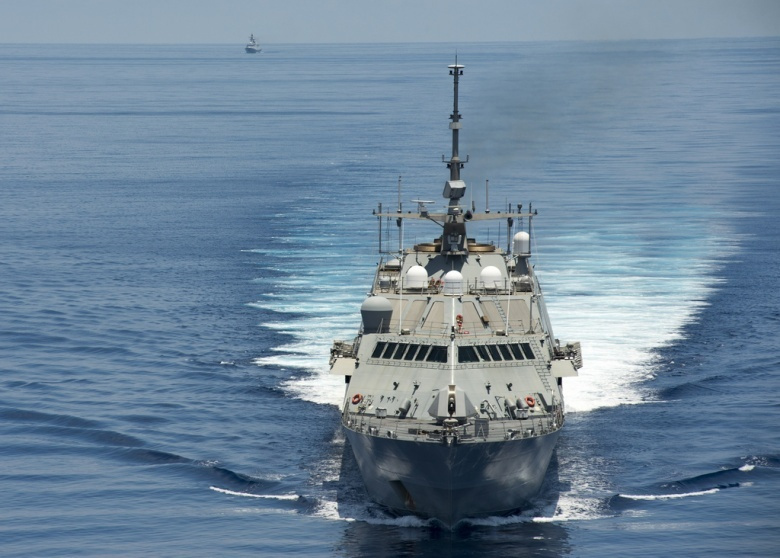The Sultanate of
Sulu and top Malaysian officials held exploratory talks last week over three
key issues aimed at resolving the century-old Sabah
issue, an official said Friday.
The issues were
the 15-percent share of the Sultanate of Sulu in the Gross national Product of
Sabah, power sharing in the state of Sabah ,
and the restoration of the Sultan of Sulu as Sultan of Sabah, said Sultan
Abraham Idjirani, secretary-general of the Sultanate of Sulu.
He said the
Malaysian officials were sent by Prime Minister Najib Razak to thresh out the
pressing issues relating to Sabah , which for
years had caused security problems for both parties.
Idjirani said the
proposed 15-percent share in Sabah’s GNP was a new mechanism devised by the
Sulu Sultanate to replace the rent on Sabah
being paid to the sultanate, which is 5,300 ringgit or P67,000 a year.
Idjirani
described the rent as diminutive and said the sultanate must share the income
that Malaysia was earning in
the oil- and gas-rich Sabah .
Informed sources
said Malaysia was offering
the Sultanate two options on Sabah : a possible
lump sum payment or a higher rental fee.
When asked to
comment, Idjirani said they would rather pursue the immediate resolution of the
Sabah issue.
“If the GNP of
Sabah is $100 billion annually, the Sultanate of Sulu... would get a hefty $15
billion for the same period—a major turning point that could spur massive
socio-economic development in Mindanao ,”
Idjirani said.
He said of that
amount, 5 percent would go to the Royal families of the Sultanate while the
remaining 10 percent would be distributed equally to the provinces of Sulu,
Tawi-Tawi, Basilan, the Zamboanga peninsula, Palawan
and part of the Visayas.
“This matter
would surely spur socio-economic development in those areas,” Idjirani said.
He said Malaysia should consider sharing Sabah’s GNP
with the sultanate since it had benefited from Sabah ’s
natural resources for decades at the expense of the Sultanate of Sulu, which
had sovereign rights over the island.
The other point
raised by the Sultanate was the possible power sharing in the composition of
the state assembly of Sabah, wherein Royal families and twenty eight ethnic
groups in Sabah would be given seats.
Today, Idjirani
said, Sabah’s state assembly had 57 representatives, and mostly from the ruling
royal families of the federal state of Malaysia Malaysia accepted the proposition, that
number could rise to about 100 assembly men in the state of Sabah .
“The inclusion of
28 ethnic groups, including the royal families of the Sultanate of Sulu, would
equally represent all the ethnic groups in the Sabah
assembly,” Idjirani said.
The third
issue discussed was the restoration of the Sultan of Sulu as Sultan of Sabah.
“Since
Sabah is the ancestral territory of the Sultanate of Sulu and was incorporated
illegally by Great Britain
into the federation of Malaysia ,
that title of Sultan has been removed, and in order to resolve the sovereignty
of Sabah they should restore the Sultanate of
Sulu as the Sultan of Sabah,” Idjirani said.
http://manilastandardtoday.com/2015/05/16/kl-sulu-sultanate-hold-talks-on-sabah-claim/







